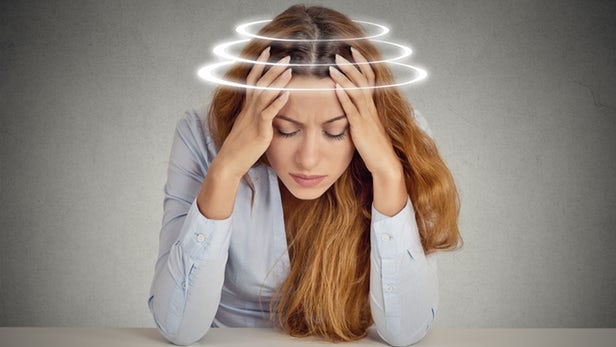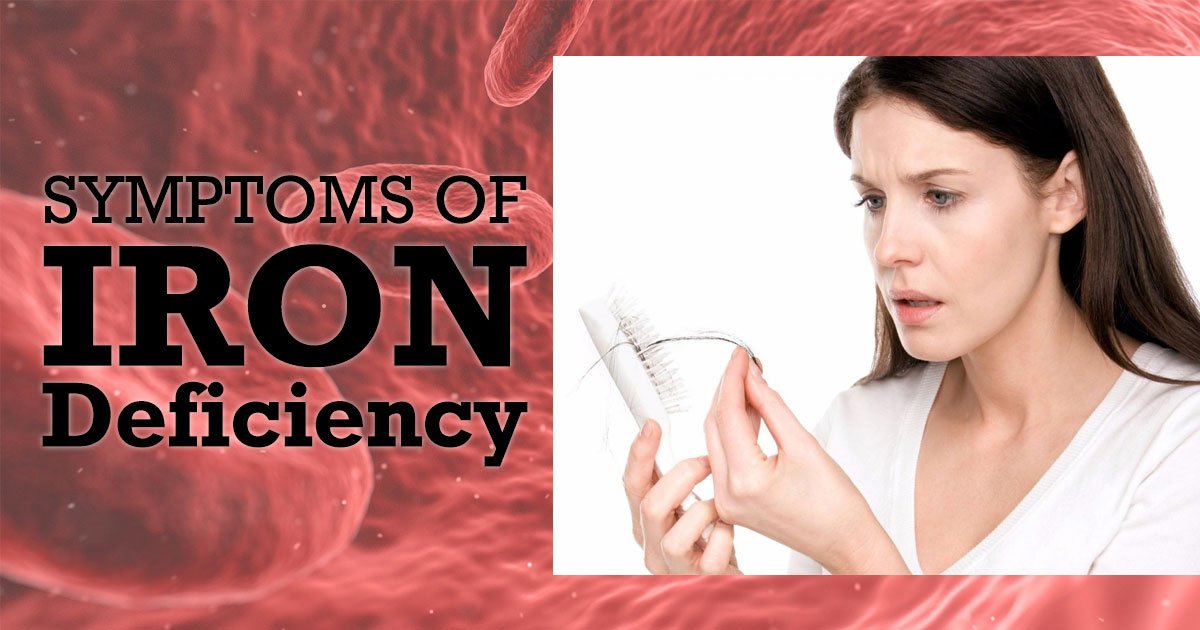Iron deficiency occurs when the body doesn’t have enough of the mineral iron. Iron is an important component of hemoglobin, the protein in red blood cells. Due to low levels of hemoglobin, tissues and muscles won’t get enough oxygen to work effectively. This results in unpleasant iron deficiency symptoms that can affect your quality of life.
The symptoms can be so mild at first that you may not even notice them until you get routine blood test. Scroll down to check warning signs of iron deficiency anaemia.
Iron Deficiency Symptoms- TIREDNESS
In case of iron deficiency, person feels so tired and extremely exhausted that it interferes with normal activities. Level of haemoglobin decreases in iron deficient body. This results in tiredness as body doesn’t have enough red blood cells to carry oxygen to all of the necessary body parts.
PALE SKIN
The haemoglobin in red blood cells is responsible for the red colour of blood. Low levels of haemoglobin in iron deficiency make the blood less red and thus results in pale skin. Paleness is generally seen in moderate or severe cases of anemia. Actually skin tone doesn’t matter that much, if your inner eyelids are pale in colour then it is a reliable sign of anemia.
If you notice any changes, consult a doctor and ask about iron deficiency and anemia.
SHORTNESS OF BREATH
Due to iron deficiency, there won’t be enough oxygen in your bloodstream. Therefore, to meet the oxygen demands of the body, lung and heart has to work harder which can lead to shortness of breath. The shortness of breath will be most obvious during exertion, like during stair climbing, exercising, or while lifting something.
ALSO READ: Best Indoor Exercises (Without Equipment) That Burn Fat
DIZZINESS And HEADACHE
As compared to others, headache is one of the lesser-known iron deficiency symptoms. Due to low levels of iron, not enough oxygen reaches the brain which often causes the pain and pressure of a headache. This condition is often accompanied by dizziness (feeling of lightheadedness).

STRANGE CRAVINGS
People with iron deficiency may develop a syndrome called ‘pica’ which means frequent cravings for strange foods or non-food items. It usually involves cravings to eat ice, clay, dirt, chalk or paper. Researches have shown that submitting to your cravings and eating these substances can actually interfere with absorption of iron.
ALSO READ: Best Sources Of Iron Rich Foods In Your Diet
RESTLESS LEG SYNDROME
Low levels of iron in the blood can lead to a fall in dopamine which control muscle activity and movement. This triggers restless legs syndrome. It is a strong urge to move the legs at rest. Sometimes, it causes unpleasant and strange crawling or itchy sensations in the feet and legs. This condition is usually worse at night.
HEART PALPITATIONS
Due to the lack of red blood cells, the tissues and cells become starved of oxygen. To make up for the missing oxygen in the tissues, heart pumps harder to send out more red blood cells. This excess pressure and stress on the heart results in fast or irregular heartbeat.
However, it occurs if you are suffering from iron deficiency for a long time.
BRITTLE OR SPOON SHAPED FINGER NAILS
A much less common symptom of iron deficiency is brittle or spoon-shaped fingernails. It is a condition called koilonychia. Such nails look unsightly, are very painful and get in the way of daily activities. They often chip and crack easily. This condition is only seen in severe cases of iron-deficiency anemia
HAIR LOSS
Hair require oxygen to remain healthy but as oxygen transport is hindered in iron deficient body due to lack of hemoglobin, it becomes dry and weak.
Although it’s normal to lose about 100 strands of hair per day. But in case, your hair loss is excessive and it’s not growing back, you should consult your doctor about iron deficiency.
ALSO READ: Natural Home Remedies To PREVENT HAIR FALL

COLD HANDS AND FEET
Check your iron levels if your hands and feet stay cold despite warming measures. It could be because of iron deficiency. Blood cells that don’t have enough oxygen get stuck in blood vessels. This slows down circulation which in turn leads to cold hands and feet.
If you are experiencing these symptoms, speak to your doctor to find out the root cause of your iron deficiency. Find ways to include more iron-rich foods or take supplemental iron in your diet.
For more information on the current research into Iron deficiency and Iron supplements, see this link.
